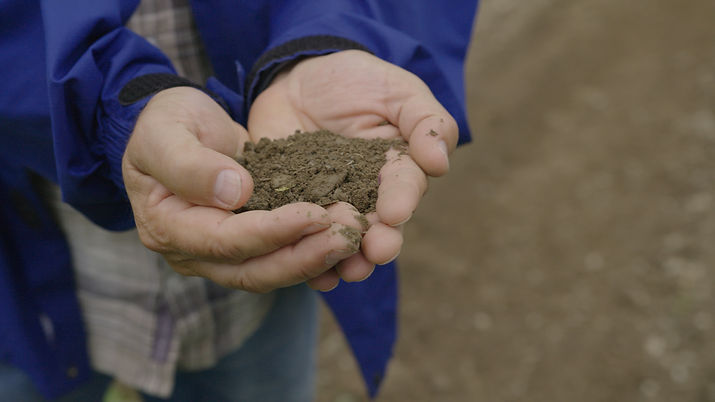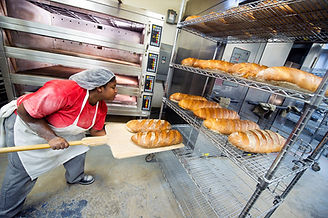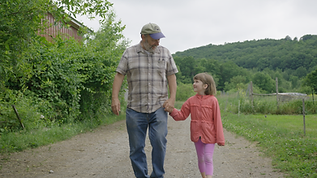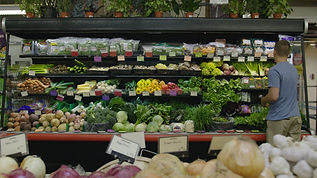Building a Regenerative
Hudson Valley Food System
We launch “Building a Regenerative Hudson Valley Food System,” to lend support to a movement at a critical crossroads. We seek to identify the roadblocks that impede the movement's growth, and nurture the stakeholder collaboratives capable of effectively tackling them.
We know the challenge of regeneratively re-localizing our food system is an urgent one. How and where food is produced and consumed impacts soil’s ability to yield nutrient dense sustenance, our resiliency in the face of climate change, the land’s ability to sequester carbon and conserve water, biodiversity, how and where financial and knowledge capital circulates, and the basic health and intactness of our human communities across the bioregion.

An exploration of our food system is also a great place to begin to rewrite the narrative of what constitutes a thriving economy, framed in the mutually reenforcing soul and science of regenerative systems.
We are listening to key regional food system stakeholders across the sector. They are telling us what is working and what is holding back the growth of the regenerative food system in our region, and what they think the fixes might be. We are illuminating the networks of regenerative farmers (urban, suburban and rural) and farm and food workers; aggregators, processors, and distributors; funders; greenmarkets & food hubs; technical and training supports; alternative food transport services; institutional and consumer points-of-sale; policymakers; and the ecosystem of regenerative economy community advocacy groups, including those focused on improving healthy food access in underserved neighborhoods.



We are asking the big questions:
-
As the crises of soil depletion, climate change, biodiversity loss, extreme weather events, healthy food access, and the double-affordability healthy food gap accelerate, how do we get more food into the regional pipeline at the producing end (including a right livelihood for farmers, and farm & food workers) and more to every fork in the region at affordable price points?
-
How do we create a new kind of regenerative economy of scale that can compete with our current conventional, extractive food industry by linking small- and mid-sized farms, food-related enterprises, and ultimately consumers, through more robust learning and resource sharing networks?
-
How do we nurture a cohort of enlightened policymakers and elected officials in our region who will work together to advance legislation for the rapid transition we must make from an industrial to a regenerative food system?
How do we change hearts and minds?
How do we educate the public and leaders in the private, public, and civil society sectors about the economic and non-quantifiable value of a robust regional food system?
-
How do we change hearts and minds? How do we educate the public and leaders in the private, public, and civil society sectors about the economic and non-quantifiable value of a robust regional food system?
We are:
-
Identifying the regenerative food system assets in and around the Hudson Valley region.
-
Creating a new narrative that draws people to participate in and support the ecosystem of regional food enterprises/efforts that are contributing to lasting economic vitality, social well-being, and biosphere health in the Hudson Valley.
-
Helping to catalyze the emergence of a Regenerative Food Network in the region by illuminating the mutually beneficial connections and multi-stakeholder working groups across diverse sub-networks.
-
Celebrating local food system enterprises that represent experiments in alternative forms of ownership that have as their goal to enhance the economic, social, and environmental well-being of the individuals, businesses and communities engaged throughout the product lifecycle.
-
Identifying the policy initiatives and engagements being advanced by a broad array of committed stakeholders to mainstream the production and availability at reasonable prices of local, wholesome, and regeneratively produced food and other agricultural products.





















